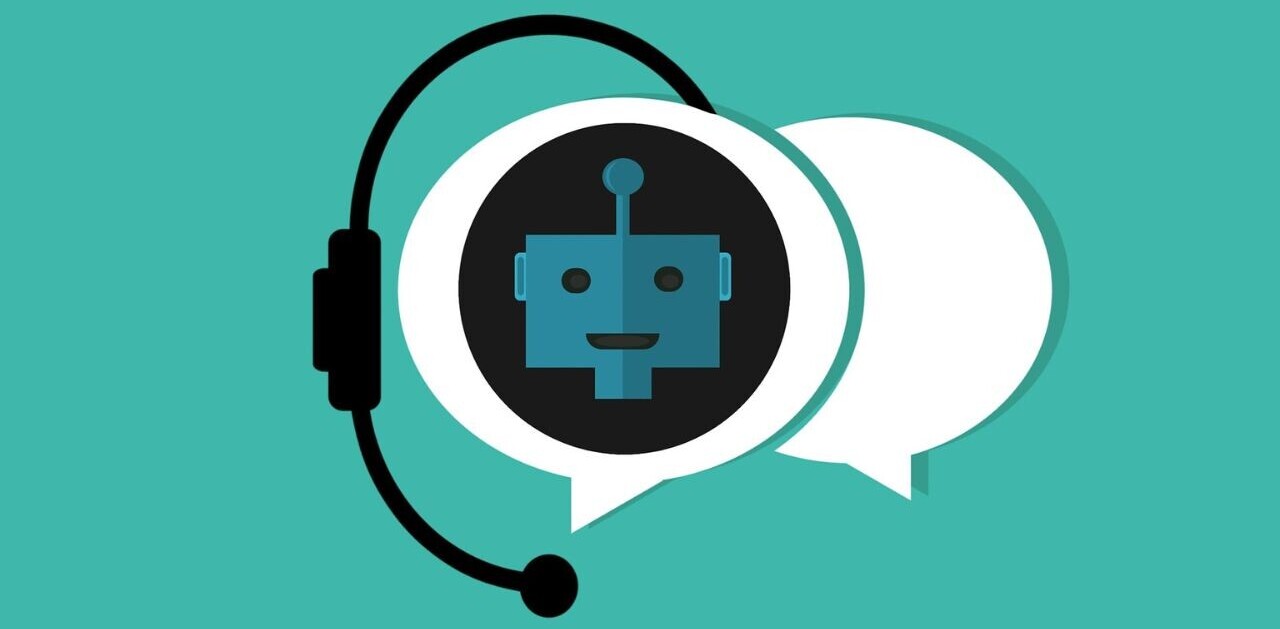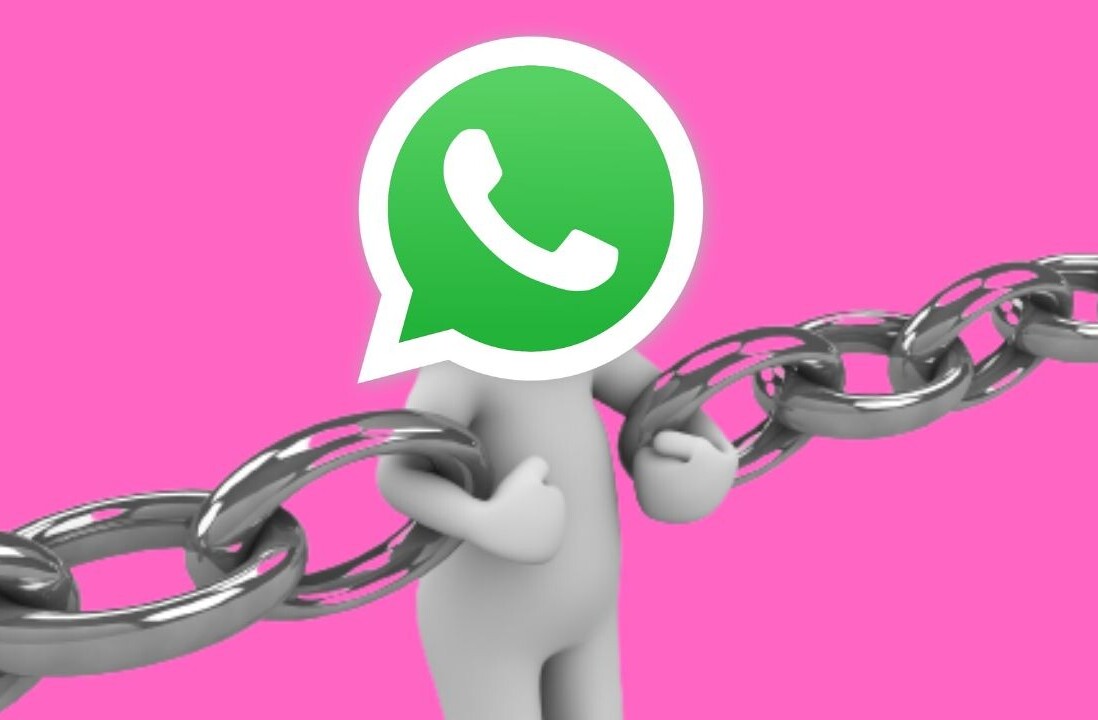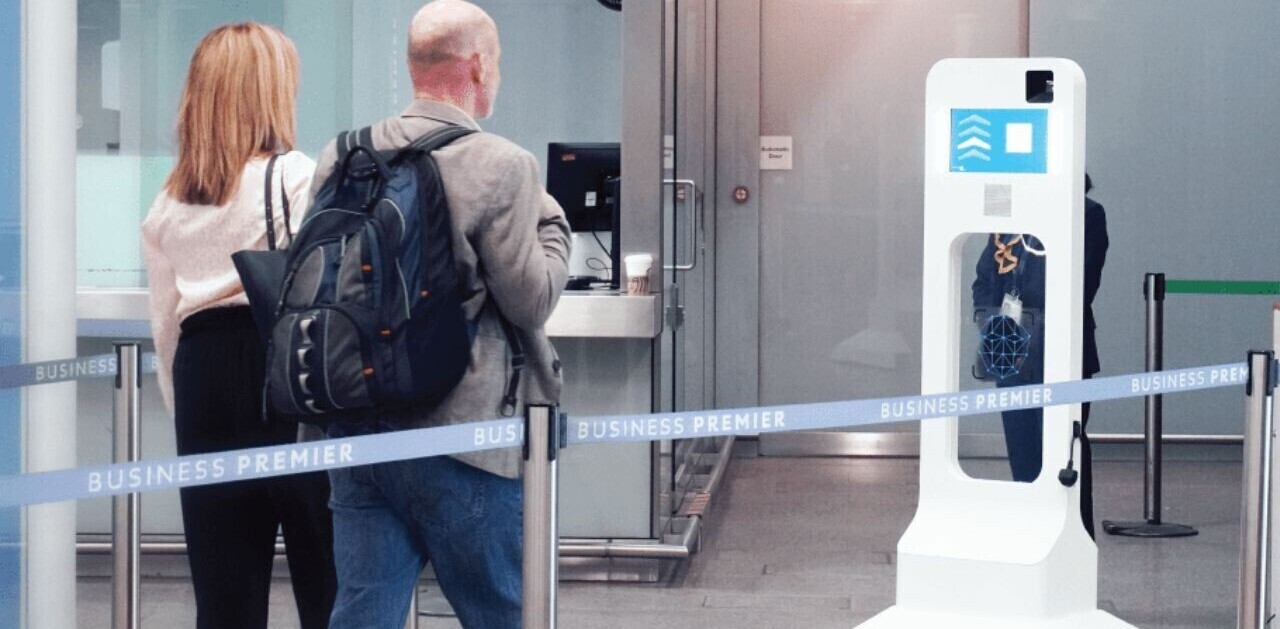
It’s been quite a while since the very first mobile app was developed. Yet, the prospects and idea of trying out a new app still excites users. This accounts for leading mobile app stores teeming with millions of apps and an overwhelming amount of app downloads every year.
This is a strong indication that the mobile app industry holds enormous potential and therefore, numerous startups and app development companies want to tap into this great potential. They want to unleash unique apps with the best functionality and features, and experience phenomenal success.
If you, too, are an entrepreneur in the area of mobile apps, you not only need to come up with a brilliant idea to implement, but also endeavor to protect that idea from being stolen. In fact, your mobile app idea can be nicked by anyone who gets the slightest idea about it including your business consultants, developers working on your project and of course, by your competitors if the word gets to them.
So, how do you project your app’s idea and prevent someone else from basking in the glory that could have been easily yours had they not stolen your idea? Well, many app entrepreneurs have learned the hard way; you don’t have to be one of them.
The following points will help you get a better perspective of putting protective measures in place for your mobile app idea.
1. Share information selectively

Although in some cases it is necessary to share your app’s information e.g. sharing technical detail with developers, pitching to clients, and other instances, you don’t have to share every technical detail of your budding brain child.
The less you reveal of your service or product, the less likely someone will steal it. This may seem like common sense, but the enthusiasm and excitement may drive you to share your game changing idea with whoever will listen.
2. Carefully choose professional relationships
It’s very crucial to work with reputable companies or individuals. Unless you have the capacity to create your new app without outsourcing design or development, you will occasionally need to hire outside help.
Before choosing who to work with, screen all third parties carefully. Read their testimonials, review their website and contact past clients. Reputable third party contractors and developers will have no trouble offering you all the information you request.
By working exclusively with professional service providers built on integrity, you significantly reduce the chance of idea theft and underhanded dealings.
3. Always use non-disclosure agreements

Whether it’s consultants, outsourced contractors, associates, potential investors or clients, a NDA offers protection.
This is, however, not an absolute guarantee that your idea will be 100 percent safe.
That’s why a non-disclosure agreement along working with credible companies is important. Some investors may be a little hesitant to sign a non-disclosure agreement, especially before speaking with them.
To woo investors, you may have to offer broad strokes of your app project before requiring a signature on a NDA. Alternatively, you could include a confidentiality agreement in your business plan that you give to potential investors.
4. Non-compete agreements
A non-compete agreement is basically aimed at keeping people from sharing your trade secretes to another rival company. Essentially, it refrains the contracted developers and other professionals working on your project from working on any other app project that directly competes with yours.
The best part is that your developers will not be able to work on your rival’s project for a certain period of time, even after they’re done working on yours.
This also means that they will technically be out of work for quite some time or will be unable to work with clients of their choice.
It may be a challenge finding a reputable developer who is willing to sign such an agreement, but with the right compensation and motivation, you should be able to pull this off.
5. Copyright your app

A copyright is one of the very well known terms as far as protecting intellectual property is concerned. However, in this context, it comes with a major drawback –you can’t copyright an idea.
Yes, the UI and the code elements of your mobile app can be copyrighted, but this is only ideal if someone copies the entire app with no variation to the original.
The advantage of copyrighting your mobile app is that it costs relatively less that most of the alternative options, and provides the basic protection against direct copiers.
6. Opt for trademarking
Trademarking helps you restrict competitors from using symbols, icons, logos and words associated with your app or service. Apart from just the logo, name and icons of your app, you may also want to trademark the name for all features and services which your mobile app provides.
This goes a long way in restricting your competitor companies from taking the same route.
Think of any of the top-selling mobile apps of all time like Truecaller, WhatsApp, Angry Birds, PokeMon Go and Candy Crush. The brand recognition these mobile apps carry is just incredible. You can identify these apps merely with colors and fonts used, as well as the logo.
Additionally, more often, company’s names are closely associated with their apps.
It’s therefore important to protect your app’s logo and name from being counterfeited by your rivals via trademarking.
The catch here is that trademarks prevent your competitors from copying creations of your products and services with similar sounding names, slogans, logos or other aspects that can be used to trick your potential clients. It also offers added protection against potential legal issues and lawsuits.
7. Apply for a patent

Acquiring patent rights can be a lengthy process involving application and a thorough examination process, which is why it’s always a good idea to start the process as soon as possible, preferably before making any public disclosures.
I propose that you work in close quarters with a reputable attorney to get everything in place from the start.
Bottom line
Don’t lose sleep over the fact that your mobile app’s idea can be easily stolen by your rivals. Follow the steps and you’ll be good to go.
Even if your mobile app is so good that it outsmarts most of your competitors, it’s always a good idea to release the basic version of your app and save the best features and functionality for later.
You can also, occasionally, offer unique updates that include these functionalities and features.
Get the TNW newsletter
Get the most important tech news in your inbox each week.




